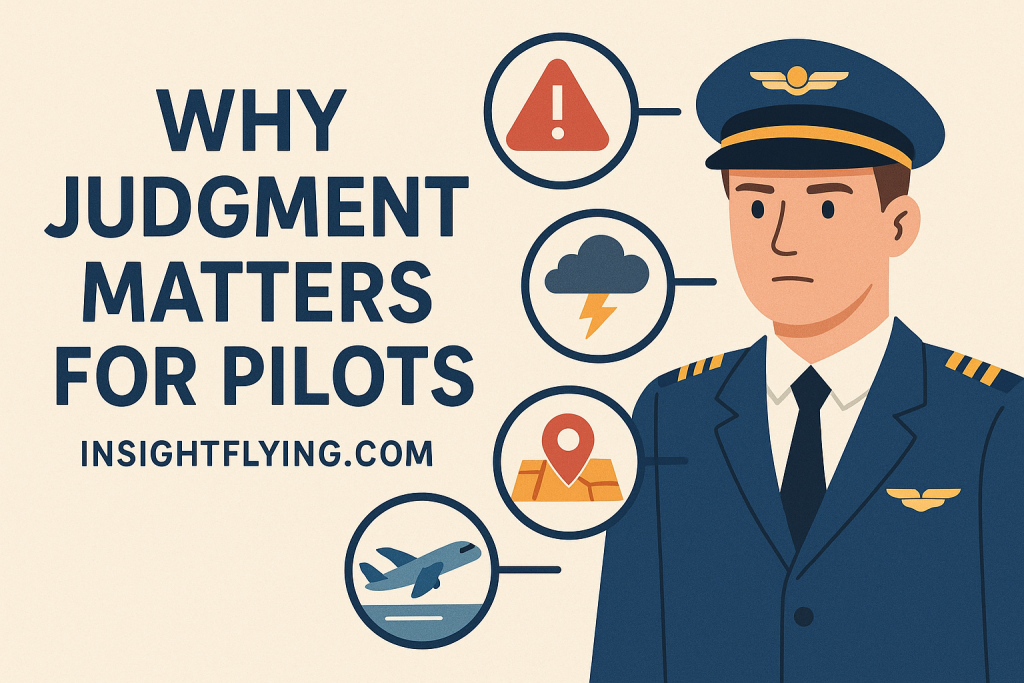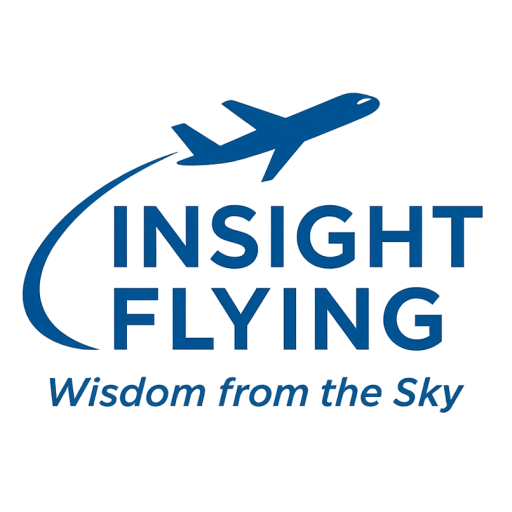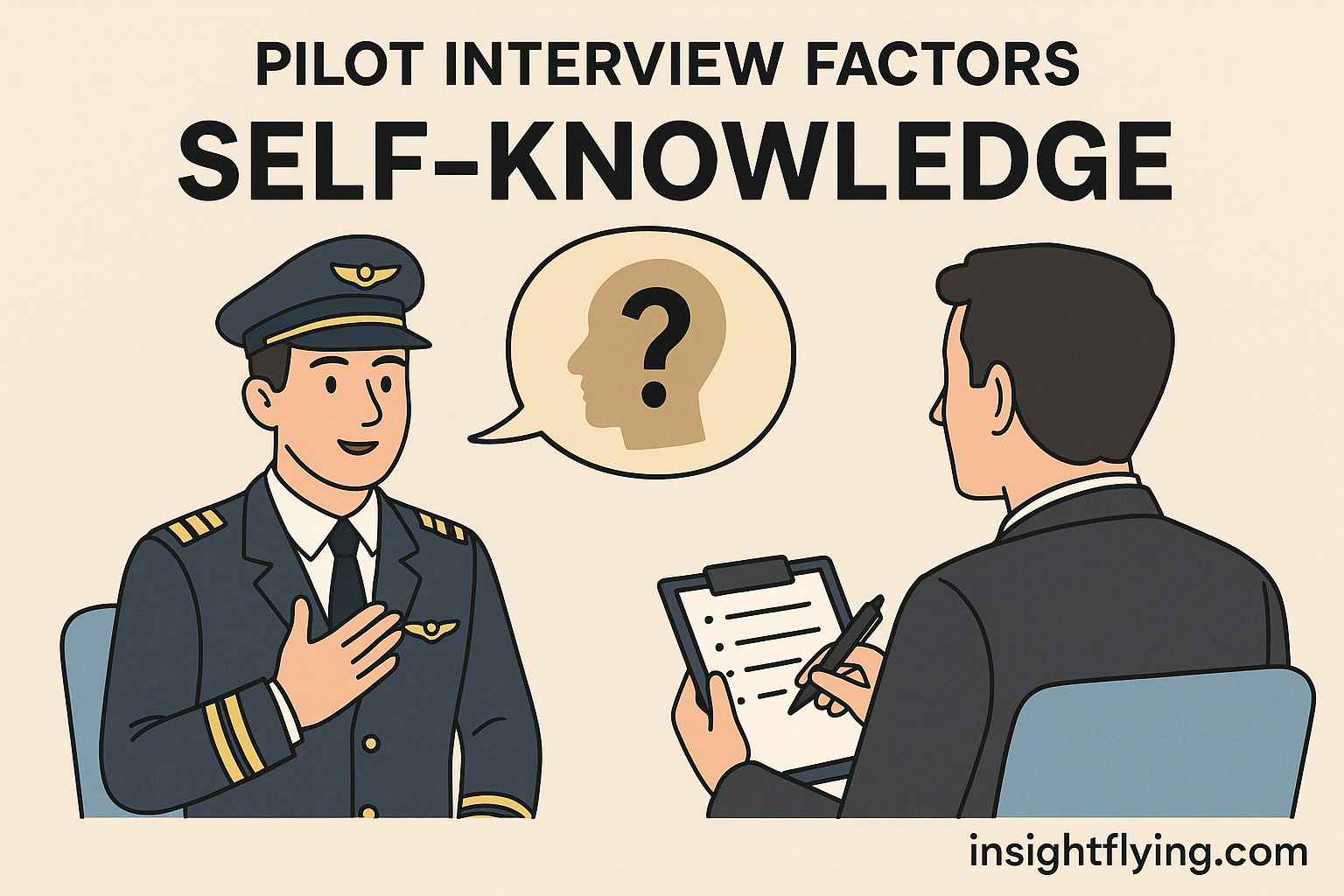Self-Knowledge หรือ การรู้จักและเข้าใจตัวเอง หมายถึง การที่เรารู้ข้อจำกัด จุดแข็ง จุดอ่อน และบุคลิกภาพของตัวเองอย่างแท้จริง ในการสอบสัมภาษณ์นักบิน หัวข้อนี้ถือว่าอธิบายได้ยากที่สุด เพราะมันไม่ใช่เรื่องของทฤษฎี แต่เป็นเรื่องของ “ความจริงใจ ความซื่อสัตย์ และวุฒิภาวะ” ของผู้สมัคร
การมี Self-Knowledge ไม่ได้แปลว่าคุณต้องเป็นคนสมบูรณ์แบบ แต่หมายถึงคุณรู้ว่าตัวเองเป็นใคร และสามารถจัดการกับข้อจำกัดของตัวเองได้
Self-Knowledge ในการสอบสัมภาษณ์
ผู้สัมภาษณ์มักจะดูว่า:
- คุณรู้จัก จุดแข็ง ของตัวเองหรือไม่
- คุณรู้และ ยอมรับข้อจำกัด ของตัวเองได้หรือเปล่า
- คุณมีความ มั่นใจ พอประมาณ (ไม่ขาดความมั่นใจ และไม่โอเวอร์จนเกินไป)
- คุณสะท้อนประสบการณ์ในอดีตของตัวเองได้ตรงไปตรงมาแค่ไหน
คำถามตัวอย่าง:
- “คุณคิดว่าคุณเป็นคนอย่างไร”
- “อะไรคือจุดอ่อนของคุณ”
- “เล่าเหตุการณ์ในอดีตที่ประทับใจหรือเสียใจมากที่สุด”
- “อาชีพอะไรที่คุณไม่อยากทำมากที่สุด เพราะอะไร”
คำถามเหล่านี้ดูเหมือนง่าย แต่จริง ๆ แล้วเป็นการวัด ความจริงใจ ความเข้าใจตัวเอง และความเป็นผู้ใหญ่ ของผู้เข้าสอบ
ทำไม Self-Knowledge ถึงสำคัญสำหรับนักบิน
นักบินที่ขาด Self-Knowledge เป็นความเสี่ยงอย่างมาก เพราะการบินต้องการความสมดุลระหว่าง “ความมั่นใจ” และ “ความถ่อมตัว”
- ขาดความมั่นใจเกินไป → ลังเล ไม่กล้าตัดสินใจ นำทีมไม่ได้
- มั่นใจเกินไป (Overconfidence) → มองข้ามขั้นตอน ไม่รับฟังผู้อื่น เสี่ยงต่อความผิดพลาด
นักบินที่มี Self-Knowledge จะรู้ว่า:
- “ฉันถนัดเรื่องนี้ แต่ต้องระวังเรื่องนั้น”
- “ฉันไม่ชอบท่องจำ แต่ถนัดการคิดวิเคราะห์”
- “ฉันไม่ชอบขัดแย้ง แต่จะยืนยันในเรื่องที่เกี่ยวข้องกับความปลอดภัย”
นี่คือ ความสมดุล ที่ทำให้คนอื่นไว้ใจได้
การรู้จักตัวเองไม่ใช่การหาคำตอบที่สวยหรู
ไม่มีใครคาดหวังให้นักบินผู้สมัครเป็นคนสมบูรณ์แบบ แต่สิ่งที่ผู้สัมภาษณ์มองหา คือ:
- คุณ ยอมรับข้อบกพร่อง ได้หรือไม่
- คุณ พยายามจัดการและพัฒนา ข้อบกพร่องนั้นหรือไม่
- คุณ ไม่โกหก หรือสร้างภาพที่ไม่ใช่ตัวจริงของตัวเอง
ตัวอย่างเช่น:
- การตอบว่า “ผมมักจะประหม่าเวลาออกไปพูดต่อหน้าคนเยอะ ๆ แต่ผมพยายามฝึกฝนอยู่เสมอ” แสดงให้เห็นทั้งการรู้จักตัวเองและความมุ่งมั่นที่จะพัฒนา
- แต่ถ้าตอบว่า “ผมไม่มีข้อเสียเลย” แบบนี้กลับเป็นสัญญาณอันตราย ว่าผู้เข้าสอบอาจไม่เข้าใจตัวเองจริง ๆ
ความชอบ กับ ความอยาก
Self-Knowledge ยังหมายถึงการรู้ความแตกต่างระหว่าง สิ่งที่ชอบ (Likes) และ สิ่งที่อยากทำ (Wants)
- สิ่งที่ชอบ เช่น ชอบเข้าสังคม ชอบทำงานเป็นทีม ชอบแก้ปัญหา
- สิ่งที่อยากทำ เช่น อยากขับเครื่องบินรุ่นใหญ่ อยากมีอาชีพที่มีความรับผิดชอบ
ทั้งสองอย่างนี้กำหนดเส้นทางชีวิต แต่ในสายอาชีพนักบิน สิ่งสำคัญคือ “สิ่งที่ชอบและสิ่งที่อยากทำ” ต้องสอดคล้องกับความเป็นจริงของงานที่ทำ
วิธีแสดง Self-Knowledge ในการสอบสัมภาษณ์
- เป็นตัวของตัวเอง ไม่ต้องสร้างภาพ
- ไม่โอ้อวดเกินไป แต่ก็อย่าขาดความมั่นใจ
- เล่าเรื่องจริง ใช้เหตุการณ์จริงประกอบคำตอบ
- แสดงการเรียนรู้ จากประสบการณ์ที่ผ่านมา
สรุป
Self-Knowledge = ความซื่อสัตย์ต่อตัวเอง
ผู้สัมภาษณ์ไม่ได้มองหาผู้สมัครที่ไม่มีข้อเสีย แต่ต้องการเห็นผู้สมัครที่เข้าใจและยอมรับตัวเอง รู้ว่ามีจุดแข็งและจุดอ่อนตรงไหน และพร้อมจะพัฒนาอยู่เสมอ
นั่นแหละ คือสิ่งที่สร้างความเชื่อมั่นได้จริงในห้องนักบิน
Self-Knowledge: Knowing Yourself Before You Fly
Self-Knowledge is defined as the understanding of oneself—your own motives, strengths, weaknesses, and character. Among the four core elements evaluated in pilot interviews, this is perhaps the hardest to explain, because it requires honesty, reflection, and maturity.
It’s not about giving the “perfect” answer. It’s about showing you know yourself well enough to be trusted in a cockpit.
What Does Self-Knowledge Mean in an Interview?
When interviewers assess Self-Knowledge, they want to know:
- Do you understand your own strengths?
- Do you recognize your limitations and accept them?
- Are you confident but not overconfident?
- Do you reflect on your past experiences honestly?
Example questions might include:
- “How well do you know yourself?”
- “What is your biggest weakness?”
- “Tell me about an event that left a strong impression on you—why?”
- “Is there any career you would never want to pursue, and why?”
These questions may sound simple, but they test self-awareness, maturity, and sincerity.
Why Airlines Value Self-Knowledge
A pilot who lacks self-knowledge is risky. Why? Because flying is a constant balance between confidence and humility.
- Too little confidence → hesitation, second-guessing, poor leadership.
- Too much confidence (overconfidence) → ignoring procedures, resisting CRM, increased risk.
A well-balanced pilot knows:
- “I am good at this, but I must be careful about that.”
- “I don’t like memorizing biology, but I’m strong in math and numbers.”
- “I don’t like conflicts, but I can speak up when safety is at stake.”
This balance shows maturity—and maturity builds trust.
Self-Knowledge Is Not About Perfection
Nobody expects a “perfect” pilot candidate. Everyone has weaknesses. The real test is:
- Do you acknowledge them?
- Do you manage them?
- Do you avoid lying to yourself or to others?
For example:
- Saying “I get nervous in public speaking, but I practice to improve” shows self-awareness + growth mindset.
- Saying “I don’t have any weaknesses” signals denial or arrogance—and that’s a red flag.
The Balance of Likes and Wants
Self-Knowledge also means understanding the difference between what you like and what you want.
- Likes are preferences (e.g., enjoying teamwork, socializing, or problem-solving).
- Wants are goals (e.g., wanting to fly a certain aircraft, wanting a career with responsibility).
Both shape your career motivation. But in interviews, what matters is whether your likes and wants align with the demands of being a pilot.
Tips to Show Self-Knowledge in Interviews
- Be yourself. Don’t fake an answer you think they want to hear.
- Don’t exaggerate. Balance confidence with humility.
- Use real examples. Share genuine stories of success and failure.
- Show reflection. Demonstrate that you’ve learned something from past experiences.
Key Takeaway
Self-Knowledge = Honesty with yourself.
Interviewers don’t expect flawless candidates. They expect real human beings who understand their own strengths, weaknesses, and limitations—and who can grow from them.
That authenticity, more than anything else, earns trust in the cockpit.


